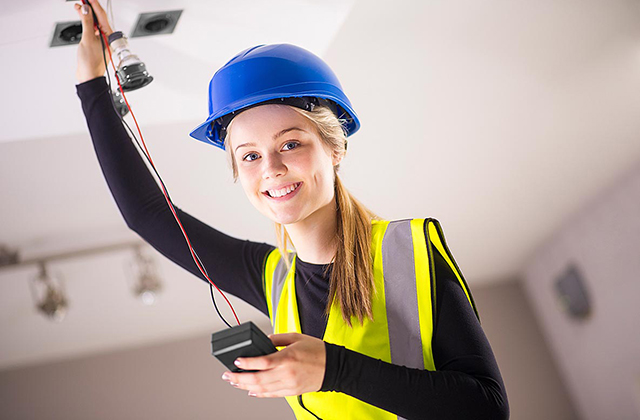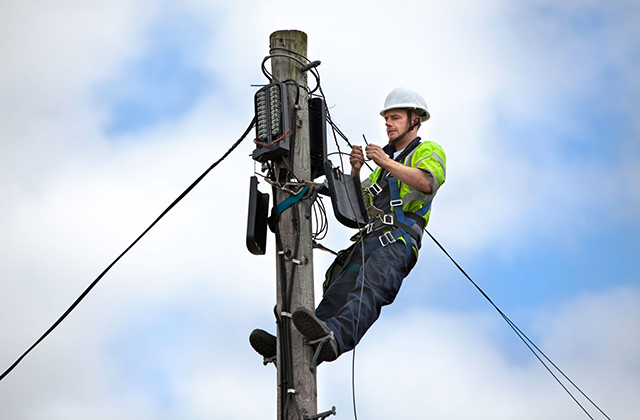The Grandview Hotel is a family run local treasure in the suburban streets that offers a variety of function rooms Brunswick perfect for any occasion. Have you have been assigned the task of finding a function room? There are many factors that need to be taken into consideration such as understanding the function requirements as well as the budget, and you need to search for venues that will best meet with your requirement and function type. The type of function room required will be determined by the size and purpose of the function. For example if the function is designed to provide information, then a good choice would be a conference centre that is equipped to deal with large numbers of people in a professional and pleasant environment. However, a more relaxed setting would be ideal for smaller workshops or groups. If you are working with a really tight budget, check with your local community centres and libraries, as many offer function rooms for next to nothing or free.
Before making any commitment always check the user policy to be certain that the venue is suitable for your type of function. Also bear in mind that the venue should be easily accessible and close to all means of transport as the guest will have to travel to and from the function, and this should be as affordable as possible and there should also be parking facilities available. Accommodation options are also another factor to consider as many hotels that have function rooms north Sydney will negotiate package deals. When you negotiate function room facilities it is wise to inspect the venue personally before booking. You also need to discuss your requirements with the venues events manager. You need to take into consideration the variety and size as well as the various furniture configurations. When visiting the site, check for easy access to amenities, climate control, lighting and other important factors that will ensure a successful function. Most of the north Sydney function venues offer refreshments and catering to your specifications. The venue should also be able to ensure security and signage and I most instances the standard is to offer stationary, mints and a free supply of water. Also enquire about programs and entertainment as these extra touches lead to a more successful and enjoyable event for the all attendees.
As you can see there are many factor to consider when selecting an appropriate function venue, as these factors will determine the ambiance, appearance of the room, the utilities offered as well as the space provided. If you are hosting a large function, many of the hotels charge rental rates that can be negotiated and at times the rental will be based on a sliding scale with are based on the amount of revenue that will be generated by the beverage and food revenue.


